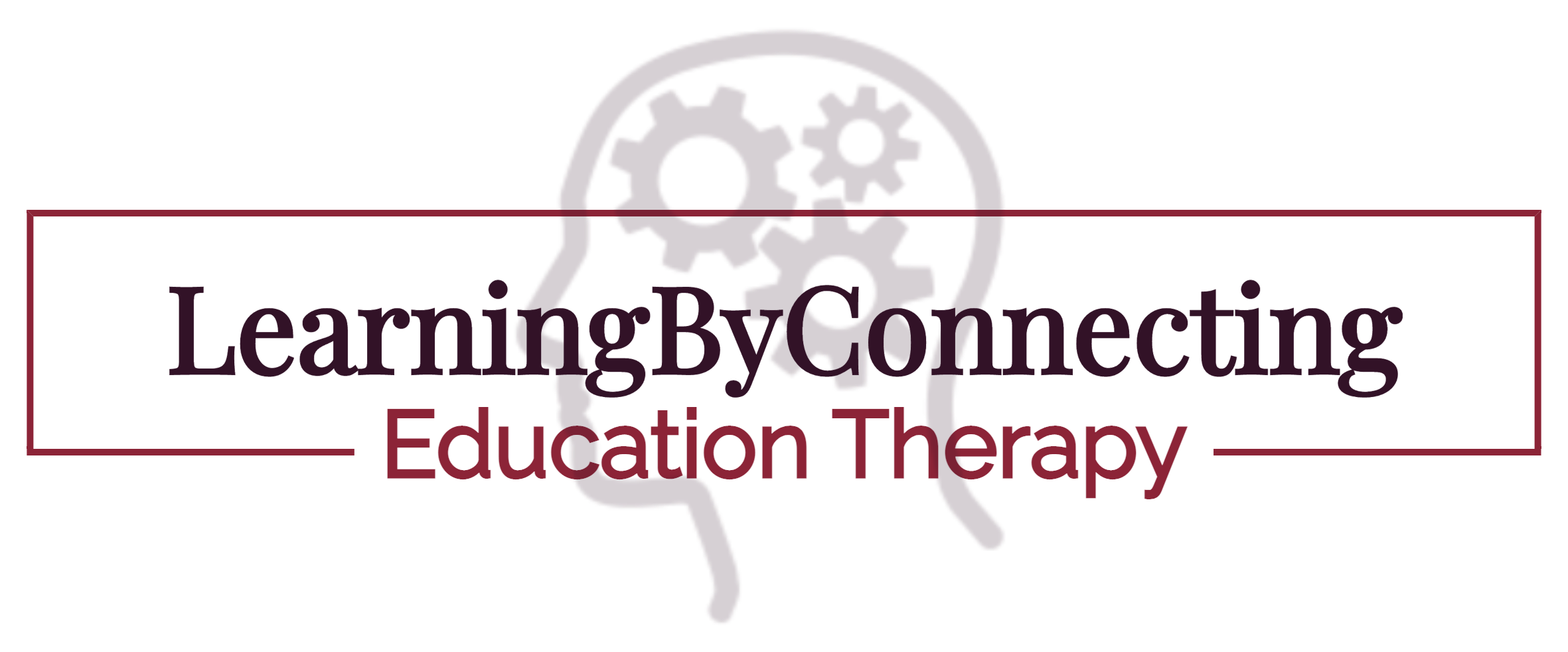What happens after high school? A student’s transition from high school to college and career can be an anxious time. Career counseling can help your child make informed decisions about their future. I provide concrete college and career information, delve into learning strengths and challenges, provide resources for training, and discuss career development. In a career counseling session, we may discuss:
- Your particular skills or talents to determine which career may align best
- Educational requirements and opportunities
- Potential earnings of various careers
- Daily working environments
- Opportunities for advancement
To tell a student to “followed their passion” without the tools, resources, and plan…creates a negative feedback loop. If you’re interested in exploring college and career counseling, contact me today for a free consultation. I want to help your child pursue their goals.
College and career guidance aim to help students make more informed and better educational and career choices. Among other things, I offer information on high school course offerings, career options, the type of academic and occupational training needed to succeed in the workplace, and postsecondary opportunities that are associated with your child’s field of interest.
Activities associated with career guidance and counseling programs typically include:
- Advising students and parents on high school programs and academic curriculum, preparing them for college application and admission.
- Planning and preparation for college admissions tests, SAT and ACT.
- Informing students about postsecondary financing that can be used to support advanced education and training.
- Developing career portfolios, which include test and grade results, examples of student work, and resumes and cover letters to prospective employers.
- Arranging job shadowing, work placements, and community-based learning programs to allow students to directly experience workplace situations.
- Providing specialized counseling and intervention services to provide students with individualized attention.
Recognizing the importance of career guidance and counseling programs for student’s postsecondary success is supported by federal efforts:
- The Carl D. Perkins Vocational and Technical Education Act of 1998 permits funds to be used for career guidance and academic counseling for students participating in vocational education programs.
- The Perkins Act also authorizes America’s Career Resource Network, which provides school administrators, teachers, counselors, and parents with the resources and training they need to assist youth and adults in making more informed decisions about their career choices and preparation.
Research and Evaluation
- Decisions Without Direction: Career Guidance and Decision-Making Among American Youth (Ferris State University Career Institute, May 2002). National study to survey Michigan’s young people to determine how they choose careers and courses of study, and what external factors influence those choices.
Noteworthy Practices
- National Crosswalk and Service Center. Maintains the crosswalk between different occupational classification systems, civilian and military, works to maximize the effective and efficient use of occupational information by providing specialized occupational tools (files, reports, software) and technical assistance to users and producers of occupational information.
- National School Counselor Training Initiative: Professional Development for Practice in 21st Century Schools. An initiative led by the Education Trust to help counselors be more involved in school reform, to be a student advocate, and to help close the achievement gap.
Additional Links
- American College Counseling Association (ACCA). National organization that strives to support and enhance the practice of college counseling, to promote ethical and responsible professional practice.
- American School Counselor Association. Supports school counselors’ efforts to help students focus on academic, personal/social and career development.
- Association of Computer-based Systems of Career Information (ACSCI). Provides information on web-based career information delivery systems (CIDS). Administrators in each state oversee the CIDS standards also approved by ACRN project directors.
- Career Guide to Industries. Online guide from the Bureau of Labor Statistics with facts on specific occupations, working conditions, training needed, earnings potential, and future outlook in the nation’s key industries.
- Center for the Study of Technology in Counseling and Career Development. Assists practitioners, researchers, software developers, and policymakers in improving the design and use of computer applications in counseling and career development. The Center also assists practitioners, researchers, and policymakers in improving the cost-effectiveness of career services.
- Education World Counseling Center. Online resource area for school counselors covering academic development, career and college development, personal and social development, assessment, and counseling techniques.
- Employment and Training Administration (ETA) has developed and made available on the web a variety of occupational informational programs. These include:
- National Career Development Association. Provides service to the public and professionals involved with or interested in career development, including professional development activities, publications, research, public information, professional standards, advocacy, and recognition activities.
